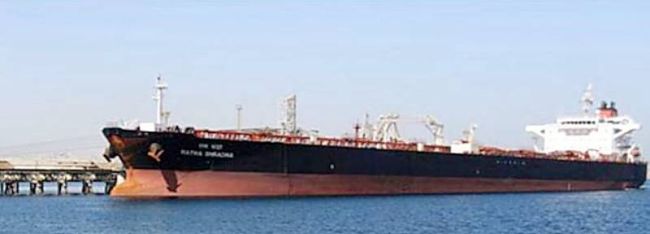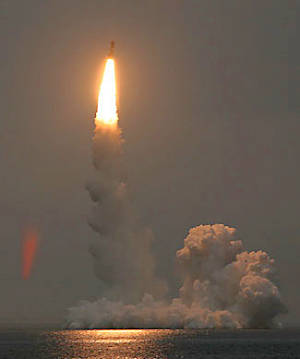KONYA, Turkey (AFNS) — Anatolian Falcon 2012, a bilateral training exercise between the Turkish and U.S. air forces, ended here March 16.
The exercise was designed to strengthen military interoperability between the two nations and test the air forces’ abilities to conduct a variety of air missions to include interdiction, attack, air superiority, defense suppression, airlift, air refueling and reconnaissance.
“There are a lot of successes we had here besides just the general exchange of tactics,” said Lt. Col. Paul Murray, the 480th Fighter Squadron commander. “Probably the most important success we’ve had toward interoperability is the personal relationships we’ve made. Those personal relationships are the key to interoperability.”
Murray said Turkey is one of the strongest allies the U.S. has in the region. U.S. Air Forces in Europe is committed to building longstanding relationships with nations like Turkey, and the trust of the two NATO partners allows for these mass training opportunities. The bonds are further strengthened by sharing specific military tactics.
The 480th FS is the only unit in USAFE whose specialty is the suppression of enemy air defenses. The squadron enhances regional stability by working and training with the Turkish air force in that combat skill.
“That skillset is an important one we bring to the joint fight, combined fight and coalition fight,” Murray said. “That was what we were able to focus on here. But for the most part, every mission that we could be called on to do for the combatant commander, we got to practice here.”
The pilots’ skills with air-to-air and suppression of enemy air defenses missions had deteriorated from the lapse in practice during a deployment to Iraq from April to October 2011, squadron officials said. The mission of their deployment focused on just one combat facet: close air support.
The squadron began rebuilding their other skillsets upon returning to Germany in October. However, there are only a finite number of aircraft available to train with or against for air-to-air and suppression of enemy air defenses missions.
Lt. Col. Aaron Piepkorn, the 480th FS director of operations, called the joint training a graduate-level exercise for requalification and reconstitution.
“We’ve used building blocks to get to where we are now,” Piepkorn said of the training within the squadron before joining the Turks for AF12. “It was crawl, walk and run to get current. Now, we’re more proficient in those missions as tested by the more complex scenarios here.
“This exercise was the top of our training,” he continued. “We got to employ those skillsets against large forces, and now we’re fully deployable should we need to go.”
Source:
U.S. Air Force

 von
von 

